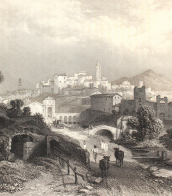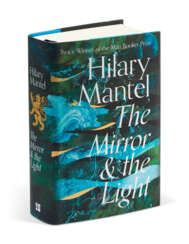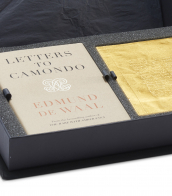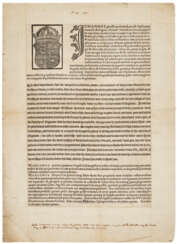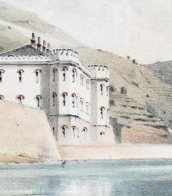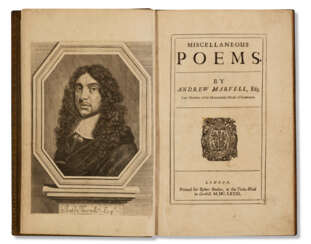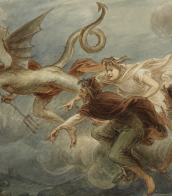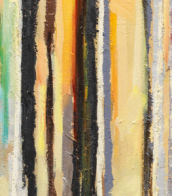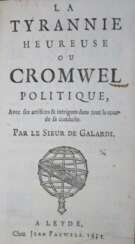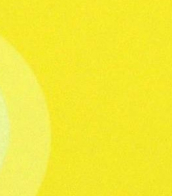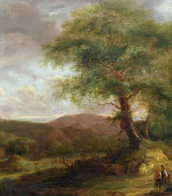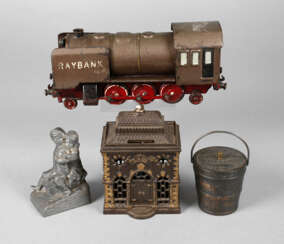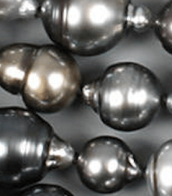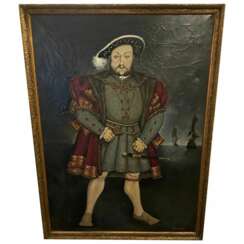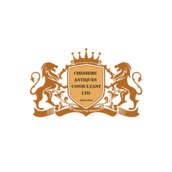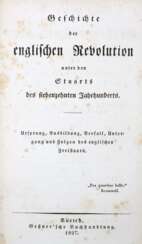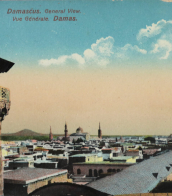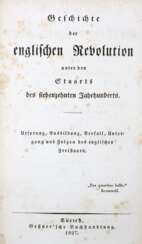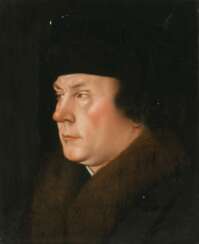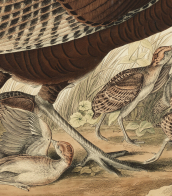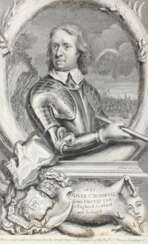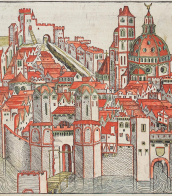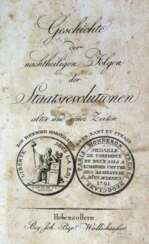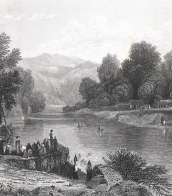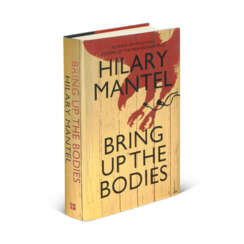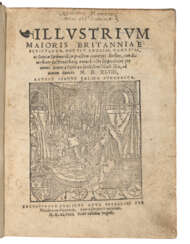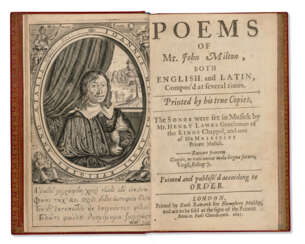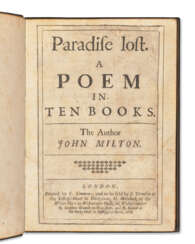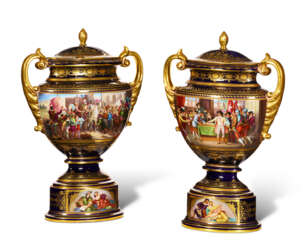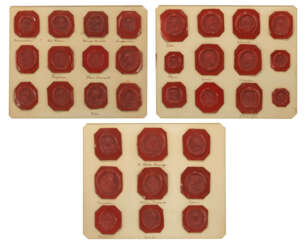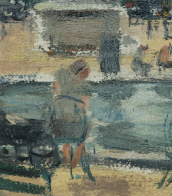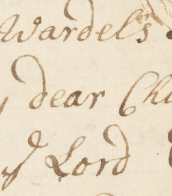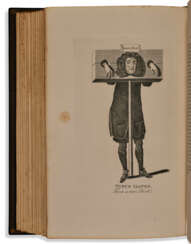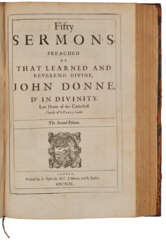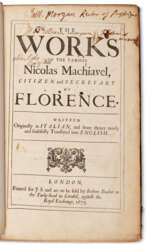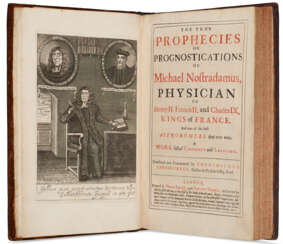cromwell
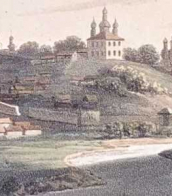


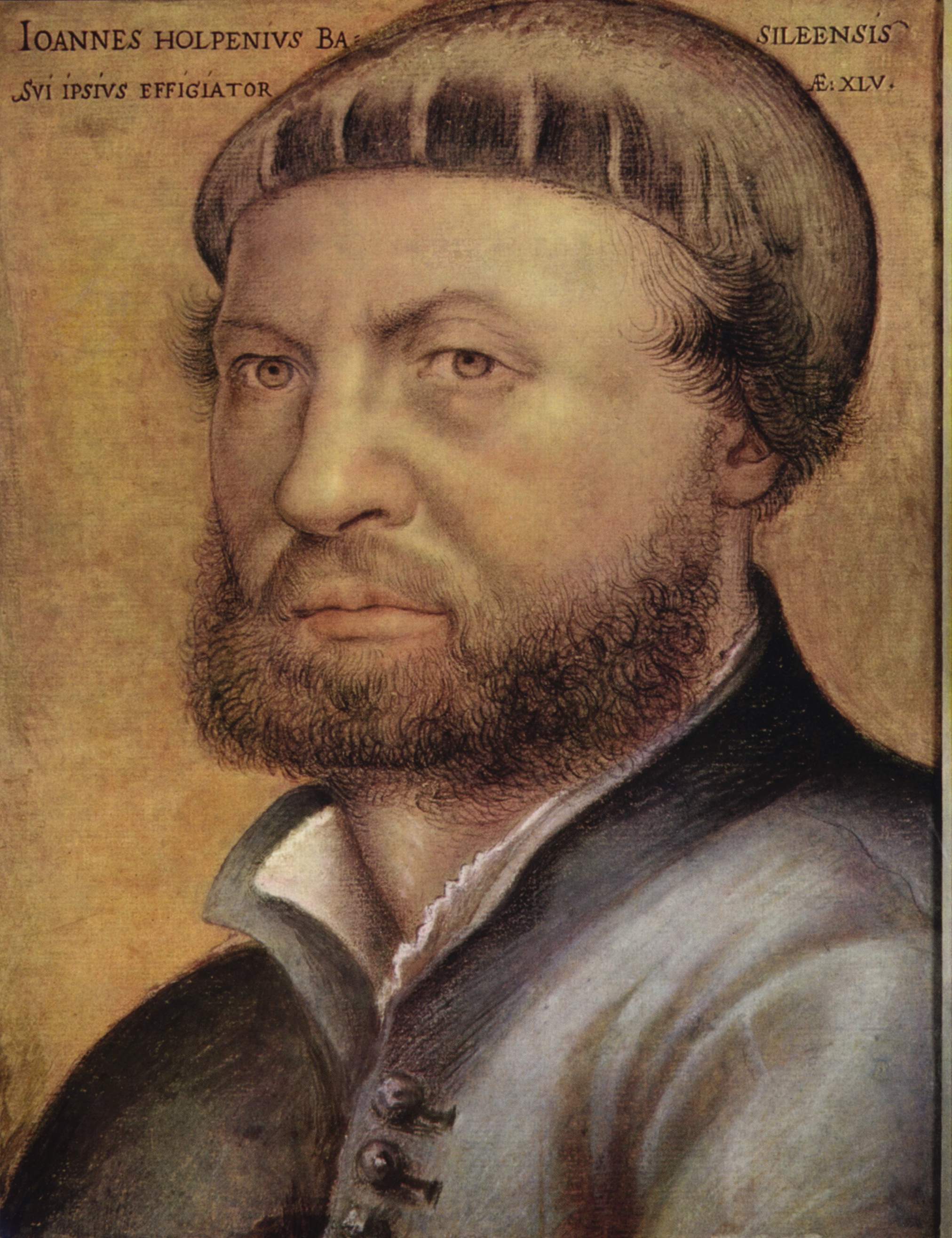
Hans Holbein the Younger was a German-Swiss painter and printmaker who worked in a Northern Renaissance style, and is considered one of the greatest portraitists of the 16th century. He also produced religious art, satire, and Reformation propaganda, and he made a significant contribution to the history of book design. He is called "the Younger" to distinguish him from his father Hans Holbein the Elder, an accomplished painter of the Late Gothic school.
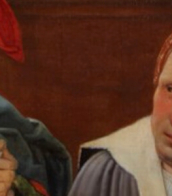
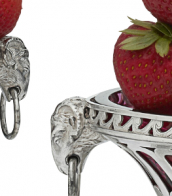
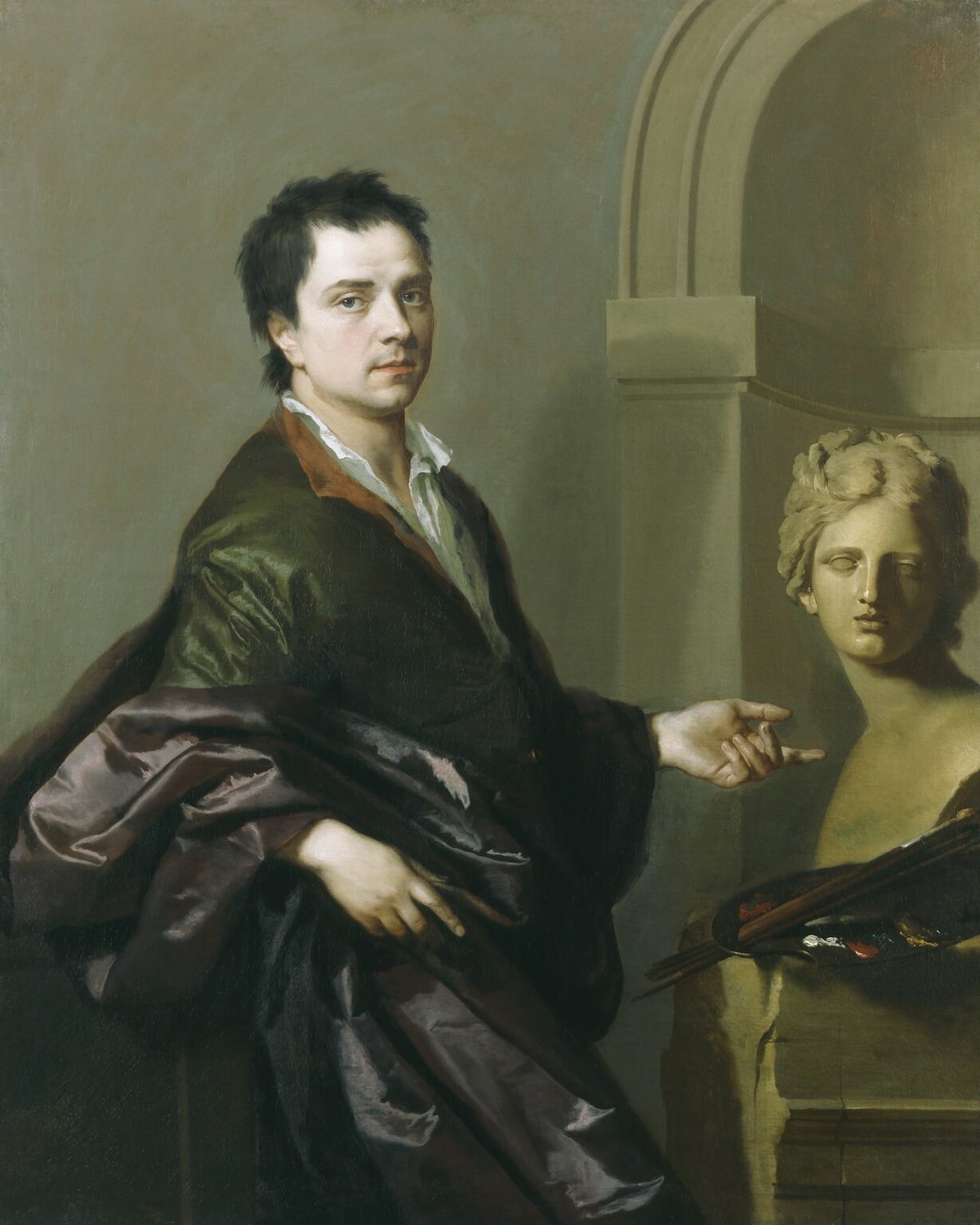
Michael Dahl was a Swedish portrait painter.
After several years of traveling in France and Italy, he finally settled in London in 1689, where he worked in the studio of Sir Godfrey Kneller. Dahl painted portraits of many aristocrats and some members of royal families. Michael Dahl soon became his teacher's chief rival and gained the patronage of Prince George of Denmark and his wife Princess Anne, whose portraits he also created. His studio practice flourished and he was the most popular portrait painter in London at the time.
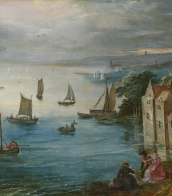
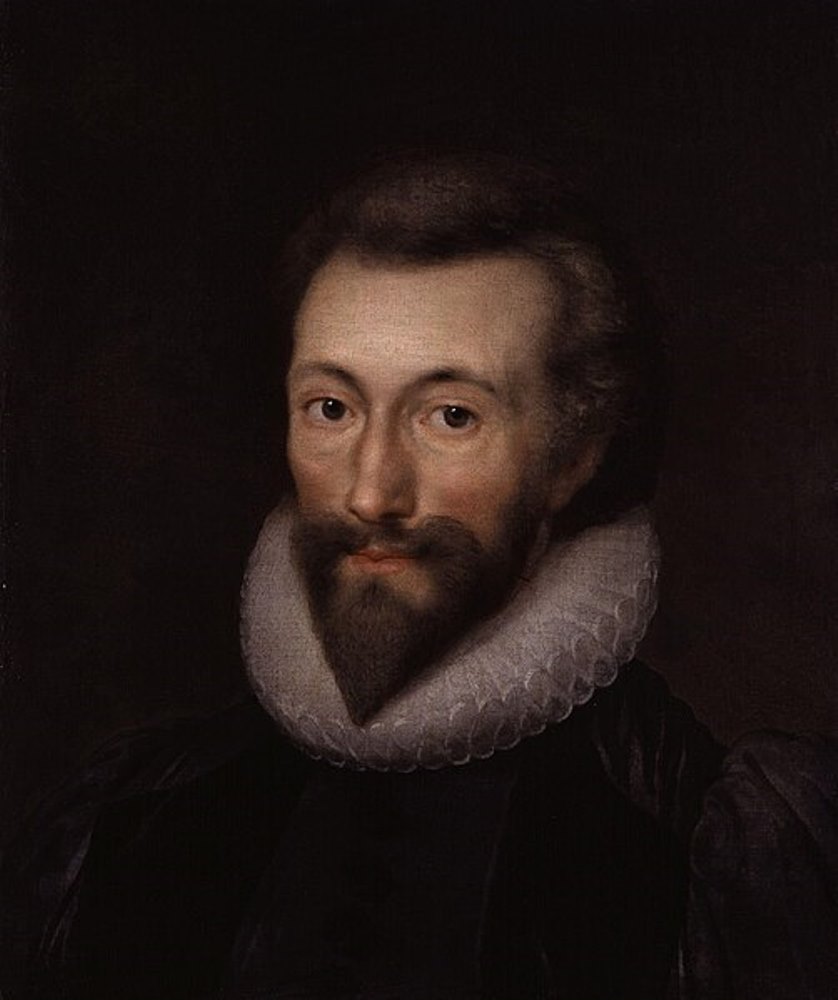
John Donne was a British preacher and poet, a major exponent of English Baroque literature.
His father was a wealthy merchant, and he was educated at Oxford, Cambridge, and Lincoln's Inn. Then began to write satires, which were willingly passed from hand to hand. The first three of Donne's famous satires date from 1593, and the others were written at various times before 1601. In 1594 he began his travels in Europe, accompanied the Earl of Essex on the capture of Cadiz in 1596 and on the expedition of 1597, and was in Italy and Spain.
In 1601. John Donne wrote his remarkable poem "The Progress of the Soul", in 1610 published his prose work against Catholics "Pseudo-Martyr", and in 1611. - an even harsher polemical treatise, Ignatius in Conclave. John Donne was also the author of many sonnets, love poems, elegies, epigrams, and religious sermons.
In 1621 John Donne was appointed rector of St. Paul's Cathedral in London, and near the end of his life he became a popular eloquent preacher whose sermons were eagerly printed and published. 160 of his sermons have survived, including the most famous, Death's Duel, which he delivered in Whitehall before King Charles I on February 25, 1631, a few weeks before his own death.

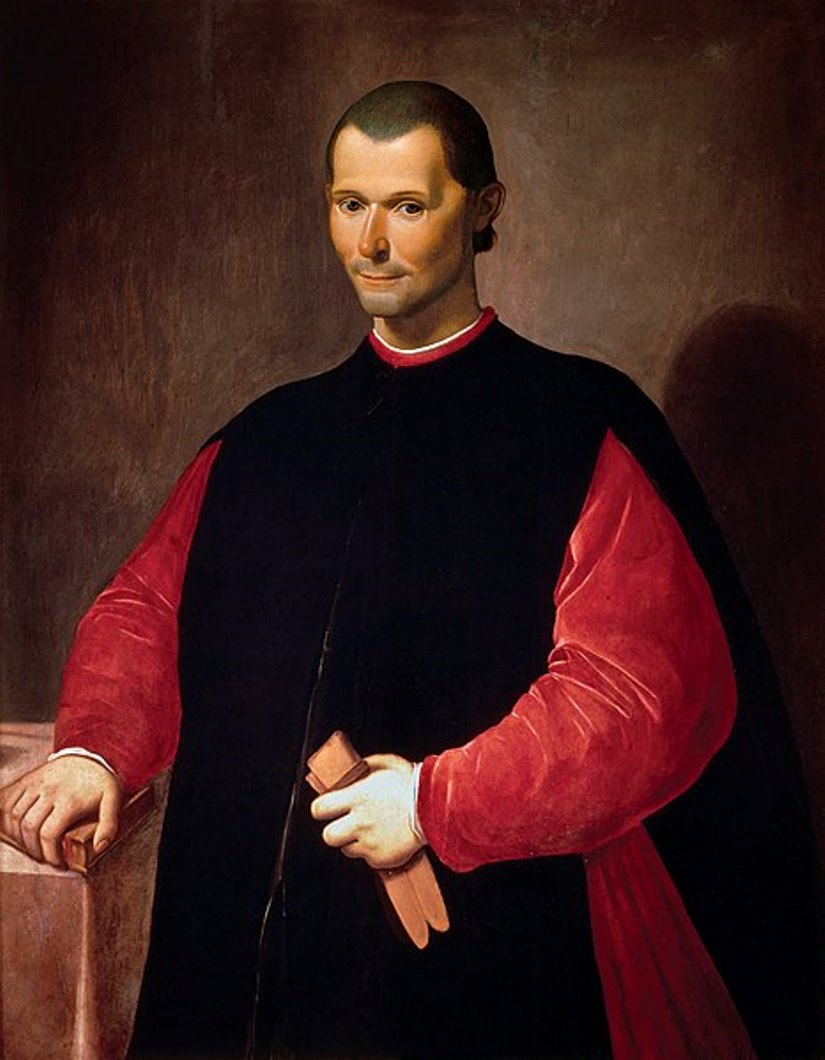
Niccolò di Bernardo Machiavelli was an Italian philosopher, politician and diplomat, historian and Renaissance writer.
As a young man, Niccolò Machiavelli faced financial difficulties due to his father's debts, but had access to a rich library. Machiavelli's early life and career began during a period of political upheaval in Italy. After the expulsion of the Medici family in 1494, for 14 years Niccolo Machiavelli served as a diplomat to the Florentine Republic. During this service, he gained a reputation as a cunning and unconventional thinker. However, when the Medici returned to power in 1512, Machiavelli was dismissed, imprisoned, and temporarily removed from political life.
During this period Machiavelli wrote his famous work The Sovereign, which has become one of the key works in the history of political philosophy. This book epitomizes the Machiavellian approach to politics, where the means justify the end, and where a leader should use any method to consolidate his power. The treatise drew criticism from the Pope, who condemned it for supporting rule through deceit and fear. Nevertheless, The Sovereign is still an important work of political literature, and Machiavelli has come to be called "the father of modern political theory."
Machiavelli lived the rest of his life in a small village near Florence, where he continued his creative endeavors, writing On the Art of War, as well as poems and plays. His literary legacy has become an integral part of the history of political philosophy.

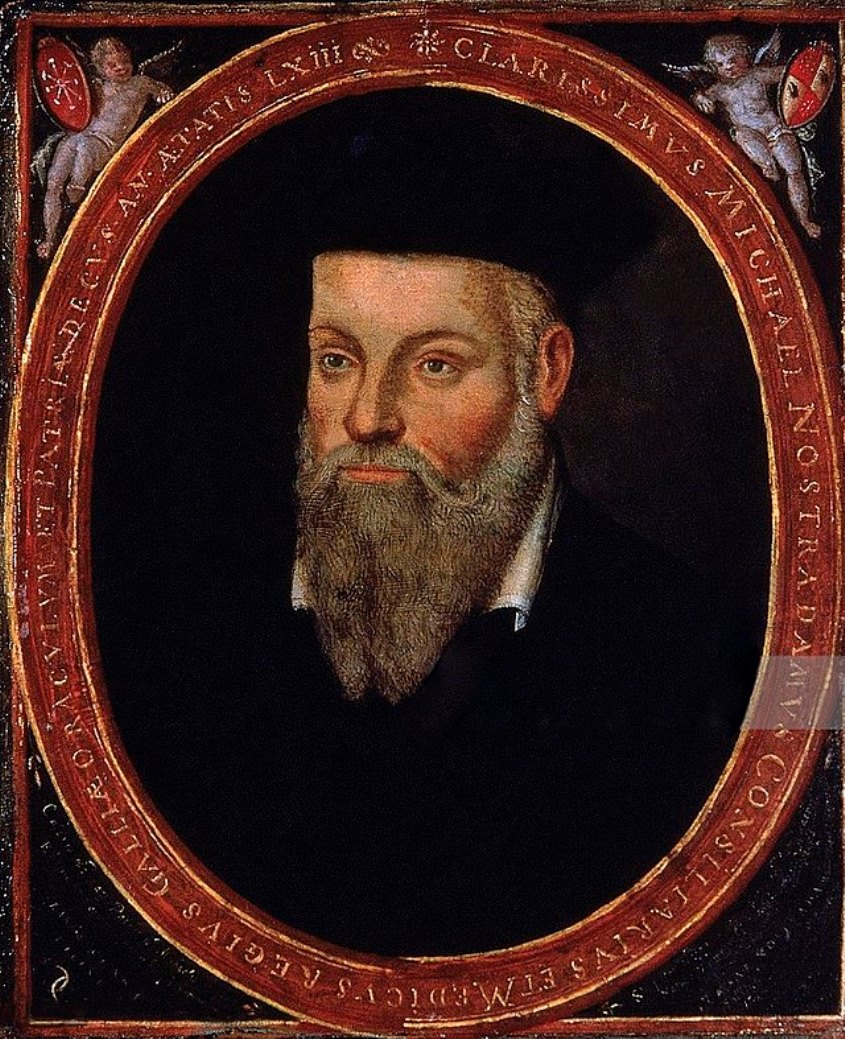
Nostradamus (French: Michel de Nostredame) was a French physician-pharmacist, writer, poet, astrologer and alchemist.
Nostradamus was born into a family of baptized Jews and studied various sciences in Avignon. At that time the plague was rampant in Europe, and Nostradamus decided to become a healer, in 1526 he even invented an anti-plague medicine, and later received a degree of Doctor of Medicine. He began his medical practice around the 1530s in Agen. During the plague outbreaks in Aix and Lyon in 1546-1547, he gained fame for his innovative treatments. Nostradamus described his methods of dealing with epidemics in several medical works. In addition to medicine, he also practiced astrology.
Nostradamus gained worldwide fame thanks to his gift as a seer. He began making prophecies around 1547 and first published them in 1555 in a book called Centuries. The book was written in rhymed quatrains - catrines - with predictions of future events in European history. Some of his prophecies were close to the truth, and the fame of the visionary Nostradamus reached the court of Catherine de Medici, who ordered him to compile horoscopes of her children. In 1564 he was appointed physician to Charles IX, to whom he also made several predictions that came true.
Nostradamus's book of prophecies was a huge success, and it still arouses interest, but he wrote allegorically and many of the katrines cannot be interpreted unambiguously.



